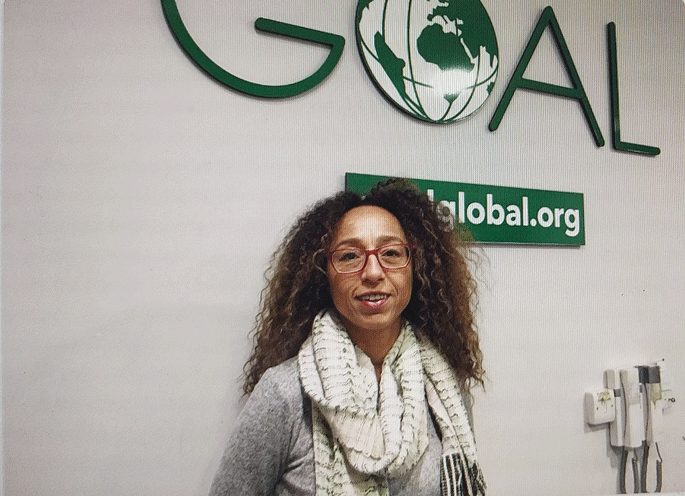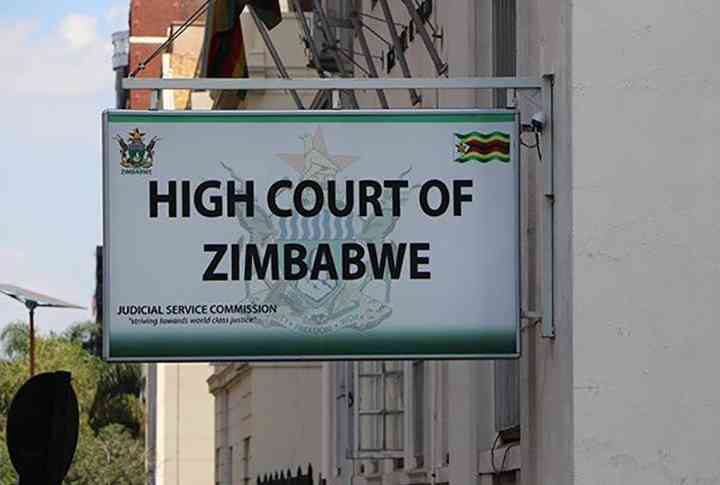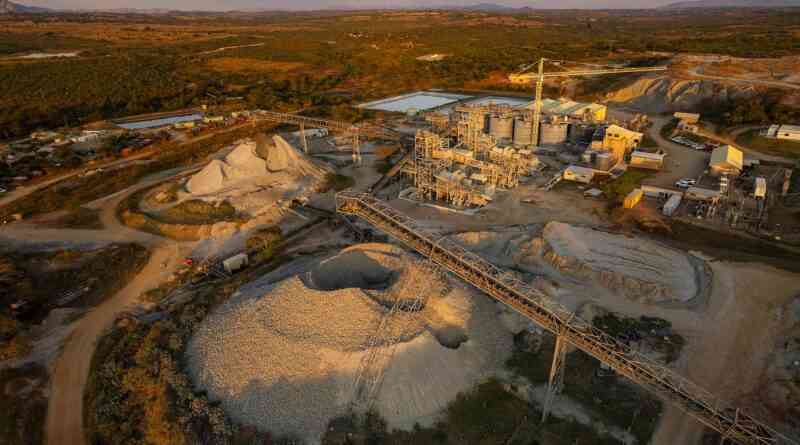
By Freeman Makopa
NON-GOVERNMENTAL organisation (NGO) Goal Zimbabwe has embarked on a campaign to ensure access to water to rural and urban areas such as Kuwadzana, Highfield and Mbare in Harare, as well as other under-serviced areas throughout the country.
Recently, the NGO injected US$400 000 to improve piped water facilities in marginalised communities in the country in order to reduce the distances that women travel to fetch water.
Goal Zimbabwe country director Gabriella Prandini (GP) spoke to NewsDay reporter Freeman Makopa (ND).
ND: How much does the whole project cost and what are the objectives of the scheme?
GP: The piped water scheme’s objective is to improve access to safe, clean water supplies through providing alternative sources in times of need.
This will result in reduced distances that communities travel to the nearest water point, will reduce queueing time, as well as reduce the risk of water borne or other related diseases.
Under this project, boreholes, which pass a 48-hour volumetric and water quality capacity test, will be converted from hand pump, operated boreholes to solarised piped water schemes.
- Chamisa under fire over US$120K donation
- Mavhunga puts DeMbare into Chibuku quarterfinals
- Pension funds bet on Cabora Bassa oilfields
- Councils defy govt fire tender directive
Keep Reading
The project targets areas with low to no provision of municipal water. A total of US$400 000 has been invested to this intervention.
The first phase includes solarising 16 boreholes, while the second targets six boreholes, making a total of 22.
In addition, a total of 52 hand pumps have been rehabilitated without being necessarily solarised.
Resources to implement the project have been mobilised through support from the United Nations Chidren’s Fund, African Development Bank and the Swedish International Development Co-operation Agency (Sida).
ND: Which areas are you targeting to install boreholes and why?
GP: The project is targeting areas such as Kuwadzana, Waterfalls, Highfield and Mbare, which lack access to municipal piped water or where water service is insufficient.
This will provide the communities with alternative safe water sources for daily use.
ND: Has government been supportive of your venture?
GP: The government has been highly supportive of the initiative. The project is implemented through the support of government structures.
It is implemented under the government’s WASH sector, which is technically spearheaded by the Department of WASH Co-ordination, under the Water ministry and all progress is tracked under the WASH Sector Co-ordination and Information Forum.
The projects are supported by the ministries of Local Government and Health, and are supervised by the provincial development co-ordinator’s office together with district development co-ordinator.
The project is further supported by the City of Harare town clerk’s office, the departments of Water, Health, and there is monitoring and evaluation of the project. The support of governance structures has been overwhelming.
ND: What impact is the project going to have on the communities you are targeting?
GP: The project aims to reduce the distances that mostly women and children have to walk to fetch clean water.
It will also reduce the waiting time to collect water, as well as the risk of communities contracting waterborne and other related diseases such as cholera, typhoid as well as COVID-19.
ND: How much is required to install such boreholes?
GP: For installation of each borehole operated with a solar system, it costs between US$15 000 to US$20 000.
ND: Have community members been consulted about this type of water supply?
GP: The community members have been consulted from the inception of the project and are at the forefront of the implementation of the project.
Water point communities have been trained with the support of local authorities such as the City of Harare, and the government technical persons to enhance their operations, maintenance and sustainability of the water supply schemes.
ND: Have all these initiatives been relayed to the relevant agency?
GP: Yes, the communities have had prior experience with operation and maintenance of hand pumps.
However, their skills and competencies have been enhanced through training, since the solarised piped water schemes require greater operation and maintenance.
ND: How will the water supplies be managed to ensure they are reasonably accessible?
GP: There will be trained water point committees, which will be supported by the local authority.
They now have sufficient skills to ensure sustainability of the water supply schemes.
ND: Can the community afford to pay operation and maintenance costs and how can they do that?
GP: The solarised systems are quite cheap to maintain since they are powered through solar energy. The communities have managed to organise themselves to ensure financial resources are readily available.
Each household contributes $1 per month, and the money is utilised for security of the schemes and for any future operation and maintenance.
ND: Have water quality tests been carried out?
GP: Yes. For each of the water points, water quality tests have been conducted to determine suitability for human consumption.
The water is tested both chemically and bacteriologically. The results are shared with the community members.
In addition, GOAL has provided support for the training of environmental health practitioners with skills to conduct routine water quality monitoring.
Local authorities are also being supported with equipment to strengthen water quality monitoring.
The piped water systems have been equipped with line chlorinators for disinfection of the water in case of potential risk of contamination.
- Follow Freeman on Twitter @freemanmakopa










